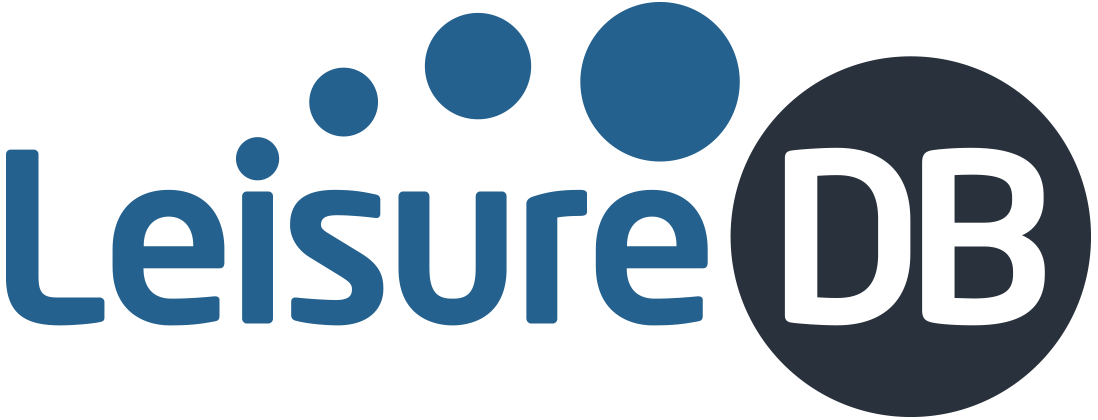Last week David moderated a panel discussion at Bloomberg HQ for the e-Wellness & Technology Trends event which focused on how the fitness and wellness industry is changing due to technology.
The first panel discussed "Millennials buying and consuming habits" and was moderated by Kate Cracknell, the editor of Health Club Management. Her panel included the CEOs of eGym, Fitbug and Pure Gym as well as the Group CIO of Virgin Active.
Millennials and their consumer habits is a vast topic but the panel successfully highlighted some of the more intriguing trends seen in this generation. Firstly, technology has put the power back in the consumer’s hand and in terms of the fitness industry this means that millennials want gyms to integrate their technology and data more seamlessly with their health devices like Fitbit, Apple and Android Wear. Secondly, millennials, unlike previous generations, feel no loyalty towards just one brand and enjoy the freedom of choice. Thus, no-contract, low-cost memberships and pay-as-you-go are ideal options for millennials. And so, the fitness industry must continue to innovate and challenge the market in order to satisfy this generation’s consumer appetite.
David’s panel discussed “Utilising Big Data to Monetise Wellness” and he was joined by PayasUgym, Babylon Health, Thriva and the Lifestyle, Health & Fitness Partnership Manager of Google Play.
With such a varied panel of healthcare start-ups, app developers and fitness facilitators there was plenty to be discussed in terms of how data is being utilised across the wellness industry. PayasUgym, for example, is the ideal service for the undecided fitness user and their data is fed back to gym operators as a means of understanding the consumer. Meanwhile, Thriva offers a home blood test kit and Babylon Health provide online doctor consultations and advice. Combining intelligent data with real doctors is disrupting how we access health care and the potential of analysing and improving our own health through data is a huge step. People want a quantified understanding of their own health and they want to be able to self-diagnose. Despite this the wellness industry is still working on connecting data to action but it’s evident that integration of services and products will be the prerequisite to success. The more data we collect and analyse the more questions we can answer but whilst we can utilise big data to monetise wellness, what are the ethics behind holding so much personal data?
The final panel, moderated by Ting Le Deng of Santander Bank, discussed “Virtual Reality (VR) & Gamification Taking Off in Cycling – Is this the future of sports & fitness?”. The panel included previous world champion cyclist Michael Rogers, ex-World Tour rider Matteo Carrara and representatives of Zwift, AbsolutBlack, Wahoo and Tacx.
Could VR and gamification enable more people to partake in sport? Time has always been a notable barrier to participation but gamification and VR in sport, particularly cycling, is enabling individuals with busy lifestyles to get involved. Another barrier to sports participation is competition but VR and gamification could be the home fitness solution if driven by a strong sense of community. It won’t be long until we can take part in the Tour De France live from the comfort of our living rooms.
However, it is apparent that the expansion of VR and gamification from cycling into other sports and fully into the fitness industry is still part of a broader strategy and will take time. It’s unlikely sports such as swimming will be as simple to gamify as cycling was. Yet it is evident that gamification does have the potential to fundamentally change the customer experience in gyms for example and gyms are openly ready to upgrade their hardware to allow for this development.
By Abi Taylor, Research Supervisor


